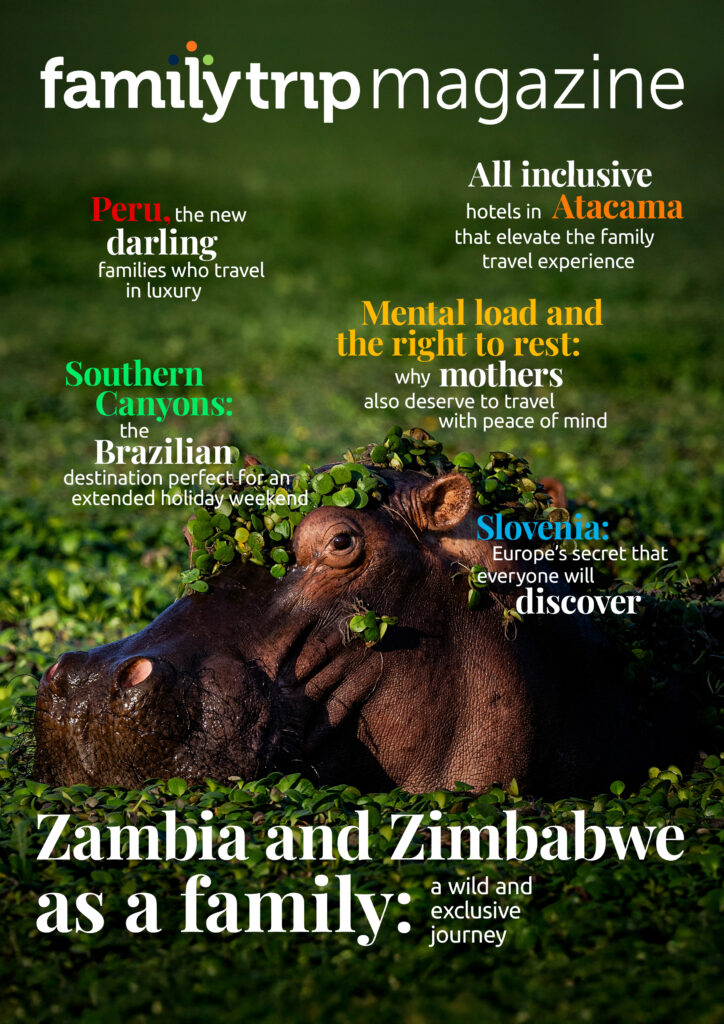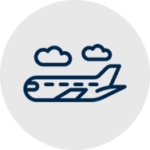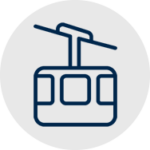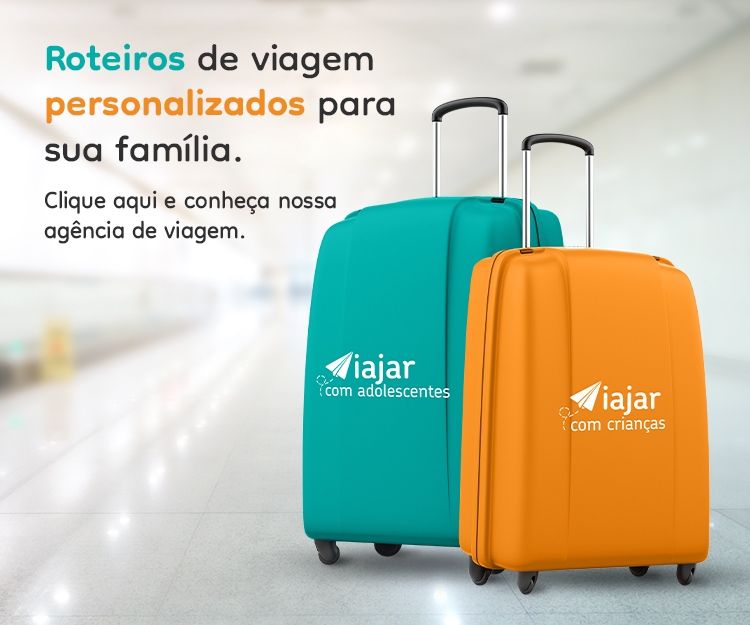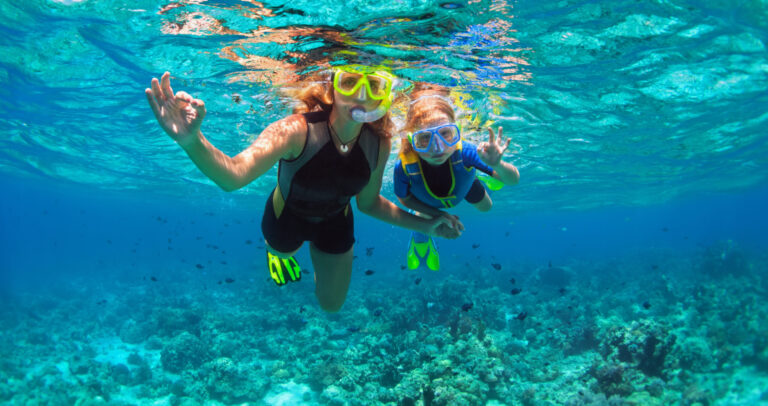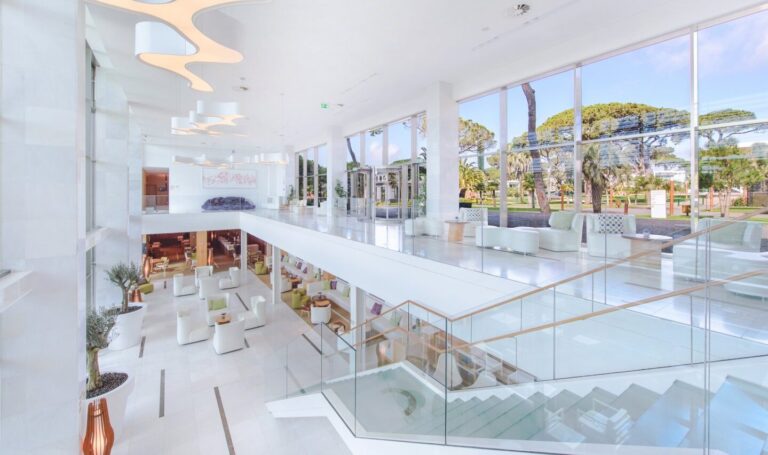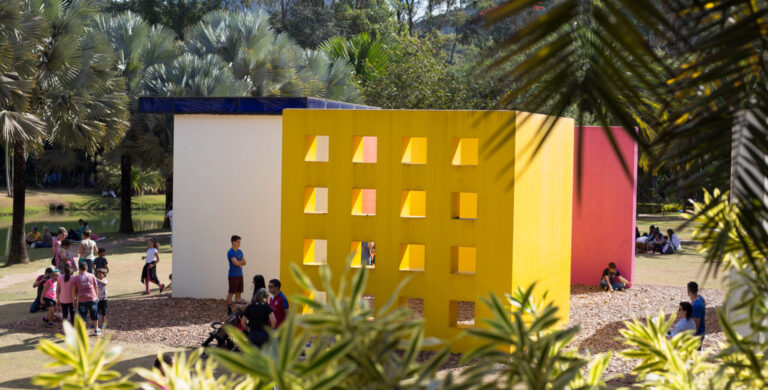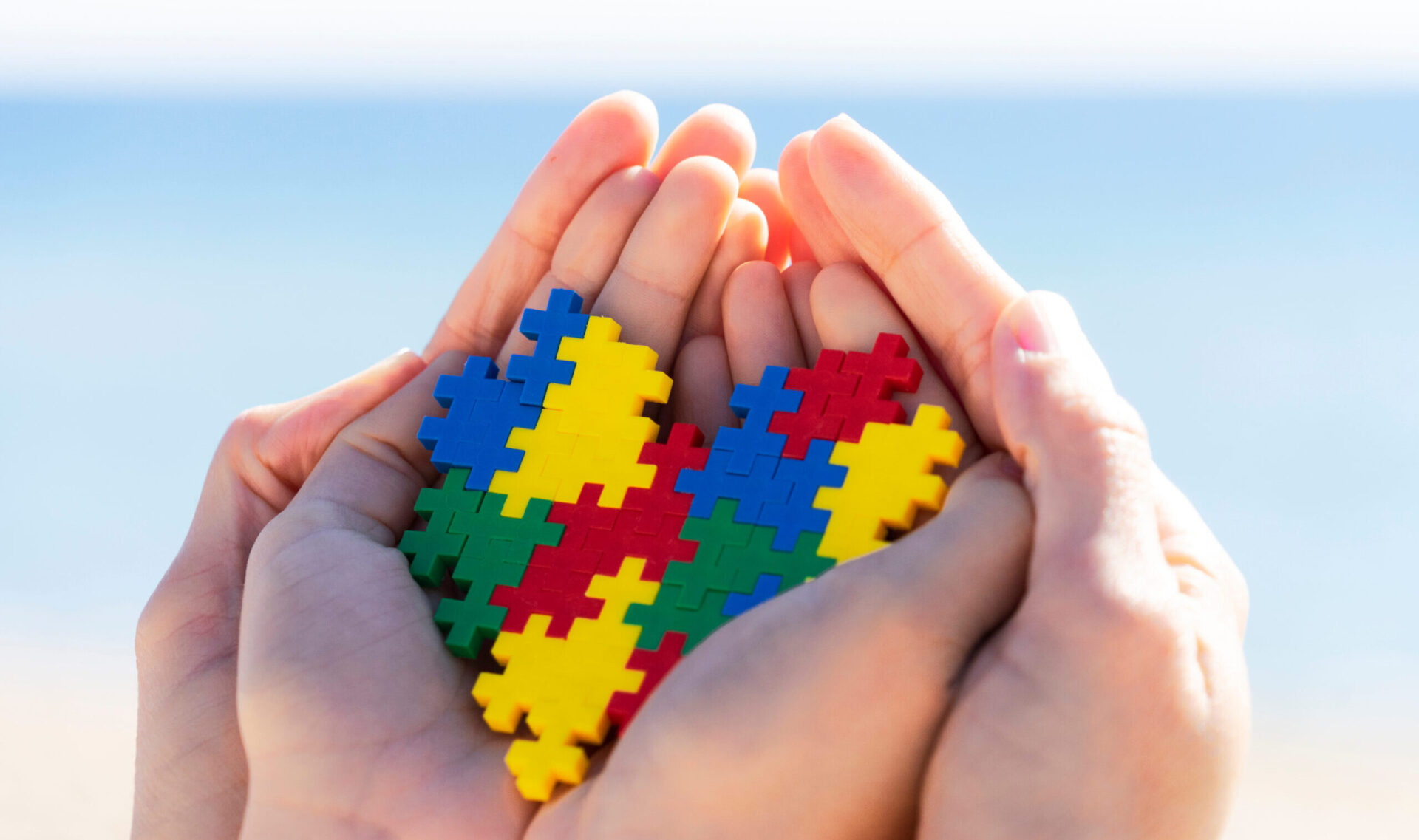
Inclusion programs for visitors with ASD
In Brazil and the USA, there are increasingly more facilities with certificates with the seal to receive visitors with ASD (Autistic Spectrum Disorder)
By Nathália Hein
One of the coolest moves in the tourism sector is to review concepts to increasingly include people with disabilities and disorders. In Brazil, it is estimated that there are more than 2 million people (about 1% of the population) within the autistic spectrum. With a view to offering increasingly more possibilities to this public, which requires special attention and service, several enterprises are already qualified to receive guests with a differentiated treatment. The same already happens in several parks and complexes outside Brazil.
In 2018, in Philadelphia, Sesame Place, owned by SeaWorld, was the first theme park in the world to be certified by the autism center. After this, other entertainment complexes followed the example, which consists of training employees and providing environments to welcome and look after visitors with ASD (Autism Spectrum Disorder). In 2019, the same seal was awarded by the International Board of Credentialing and Continuing Education Standards (IBCCES) to Aquatica, in Orlando. This became the first water park in the world that was qualified to receive this public, followed by Discovery Cove and SeaWorld, all from the same group. Among the differentiated attractions, there is the “silence room,” which is an environment where children can enjoy moments of tranquility. There are also swimming pools with little sensory stimulation, which are also more enjoyable for autistic children. The toys are rated by a sensory guide from 1 to 10 by touch, taste, sound, smell, and sight stimuli for parents to decide which ones are recommended or not, depending on the sensitivities of the children.
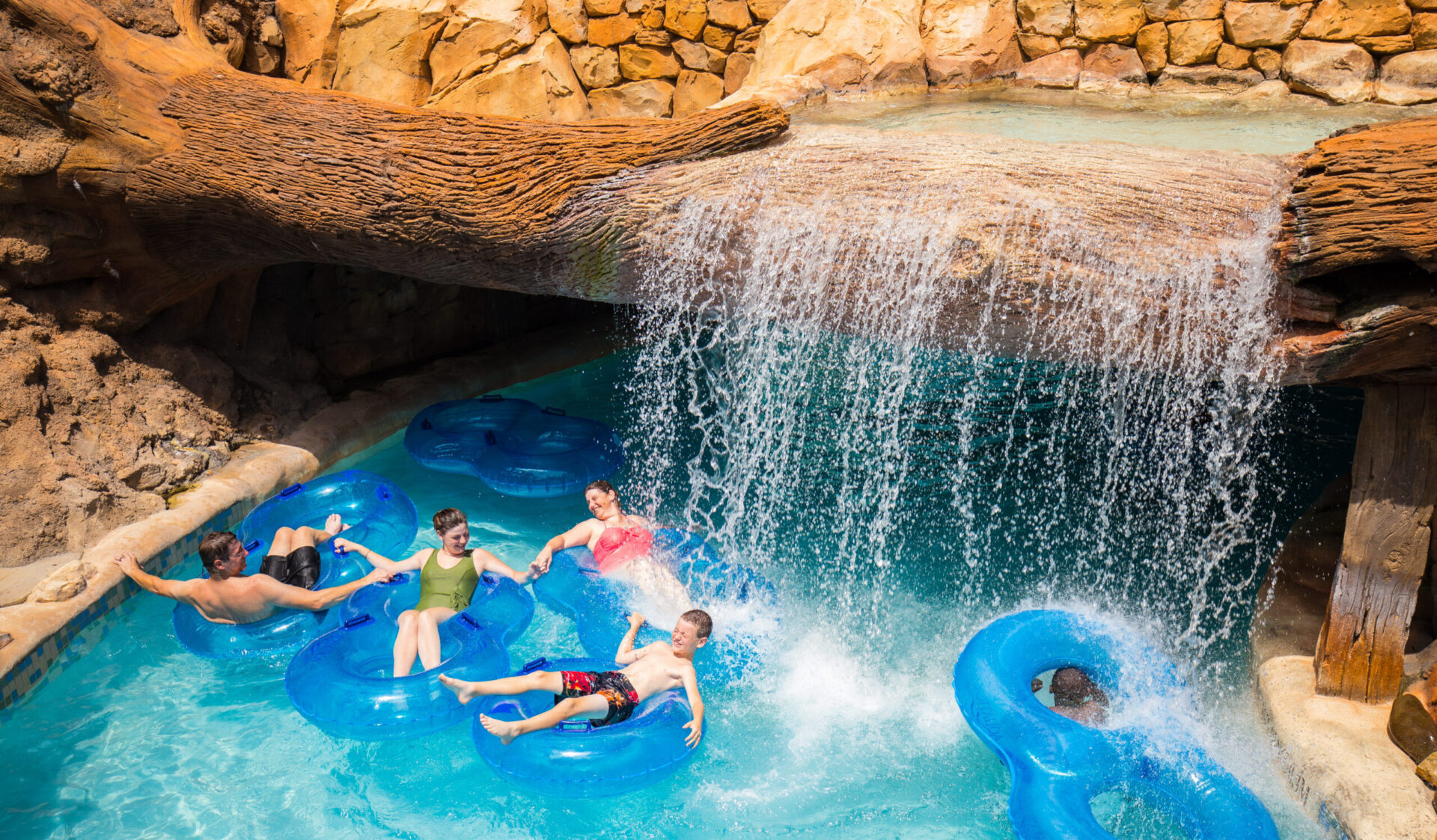
In Brazil, the Hot Beach, in Olímpia, has held the Seal of Friendly Company of Social Autistic Responsibility for three years and was the first water park in Brazil to achieve this distinction. Once in the park, if the parents wish to inform about the condition, the child receives a white bracelet in order to facilitate identification and care. If you do not wish to identify, it is worth knowing that the entire team is trained to attend to this public, with due care and affection. “I felt that my son was most welcome at Hot Beaches. This applies to both the treatment and the structure of the park, with its priority access, adapted spaces and plenty of security,” says Gabriela Lima, mother of Felipe, 6 years old, who has ASD.
Other locations that are also already adapted and assured to welcome the autistic public in Brazil are: the new park Acqualinda in Sao Paulo, the Parques da Serra Bondinhos Aéreos, in Canela; the Beach Park, in Fortaleza; the Beto Carrero World, in Penha, the Parque da Mônica in Sao Paulo and the Rio de Janeiro Aquarium, among other parks and even resorts, such as Cana Brava in Ilheus.
One of the main highlights of the inclusion programs is the Beaches group, which is a chain of resorts in the Caribbean. With the intention of welcoming families comfortably and affectionately, the group now has an “Autism-Friendly” Kids Camp. Its significant differential is the fact that it is fully prepared to receive children with this type of condition. It is the first resort company in the world to conclude the rigorous IBCCES training program and to obtain its Certificate of Autism. The inclusion contains highly trained monitors and activities that include services such as motor skills, sensory awareness and even gastronomy, adapted in accordance with the taste or need of the child. Once again, the crew from Sesame Place has a partnership with the group and offers shows, meetings with the characters and more inclusion with the figure of Julia, who is a doll that has autism and does things her own way.
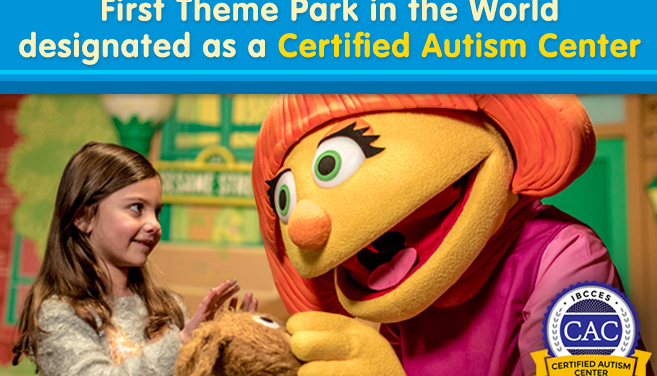
Another new item is that some airports in the world also already have the certification and contain spaces that are especially created for people with ASD, such as Shannon Airport, in Ireland, where there is a sensory room to stimulate and calm people with neurological development challenges. The same is true at the airports in Myrtle Beach, South Carolina, Hartsfield-Jackson, in Atlanta, Georgia, and at London’s Heathrow Airport (in Terminal 3).
It is important to realize how these inclusions are performed with quality. It is a way for parents of children with ASD to travel more safely and confidently, in the knowledge that they will have a good time together.
Services

Discover
In the USA
Sesame Place
Aquática
Discovery Cove
SeaWorld
In Brazil
Hot Beach
Cana Brava Resort
In Caribbean
Beaches Resort
Things the Way Family love to pack in their suitcase:
Gate
Eletronics for the travel: smartphone, drone, câmera, charger,…
Destiny
UV clothes, bikinis, caps, diving goggles, snorkel mask and other accessories…

